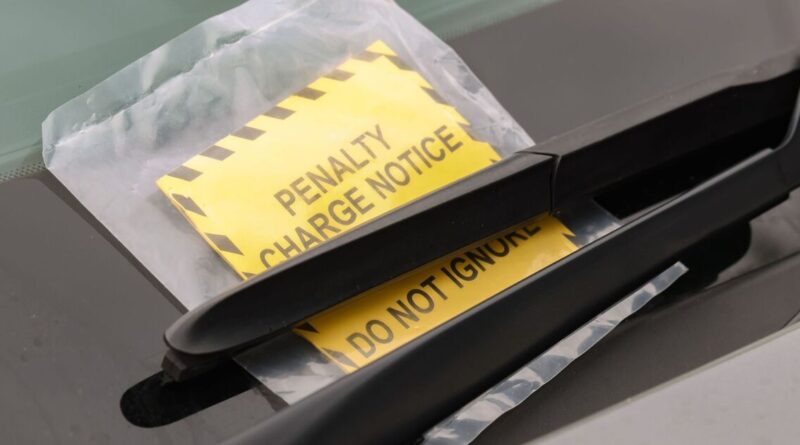Millions of drivers warned about new ‘convincing’ text message scam
UK drivers are being alerted to a new ‘very convincing’ scam that is easy to fall for, even for those who consider themselves tech-savvy.
Fraudsters are duping people by sending out counterfeit texts that direct you to a bogus government website.
The message claims that you’ve incurred a parking fine and must pay it off to avoid additional charges or potential legal action.
Given the prevalence of parking fines, many are at risk of falling prey to this scam, warn experts at Which?, who have raised the alarm and advised people on what to watch out for.
The text, originating from an arbitrary number, informs you: ‘an unpaid parking fine was found on your vehicle,’ and urges you to ‘pay immediately.’
Included in the message is a fraudulent link hosted by ‘qrco.de’, a QR code generator.
If clicked, you’ll be directed to a highly accurate imitation of the actual government website, complete with matching logos, branding and font, reports the Mirror.
You’re then prompted to enter your vehicle registration number, before being informed you must pay a £25 parking fine.
Following this, you’re asked for more personal and payment information including your name, email, phone number and home address to settle the fine.
According to Which?, the ‘only sign’ that this was a counterfeit website was the URL – as all official pages begin with gov.uk.
Motorists are being strongly advised to disregard this text if they receive it, as a measure to prevent potential scamming.
It’s also crucial to avoid clicking on any embedded links, as these could harbour harmful software capable of infecting your device.
Consumer experts at Which? have provided a four-step checklist to assist in identifying potentially hazardous websites and discerning their authenticity.
- Check the URL – if it doesn’t begin with ‘https’ or is different to what you’re expecting, then don’t visit it.
- Check for slight changes in the website address – scammers will often mimic an official website address, hoping you won’t spot a small typo or slight change to the address.
- How did you find the website? If you were directed to it from a message or online advert, you should question it.
- Read the pages on the website – it may say that it’s not officially affiliated with the actual organisation.





